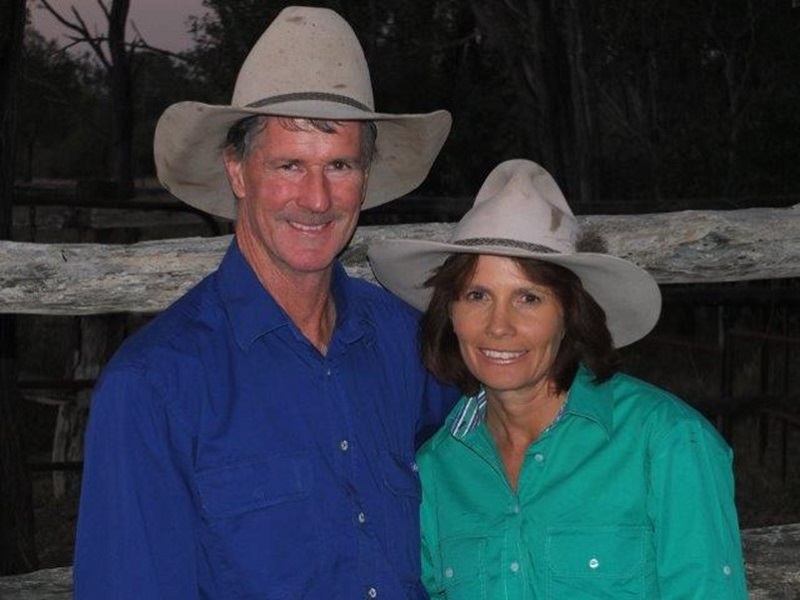
As the growing season winds down, the feed you have is likely what you'll be working with for a while. But are you just going to open the gate and hope for the best? Katlin and Raymond challenge producers to think beyond the feed budget and embrace grazing planning. What's the best feed for your weaners? Where should your mature cows graze to improve the land? This post delves into the strategic decisions that can make all the difference to your productivity and pasture health this winter.









